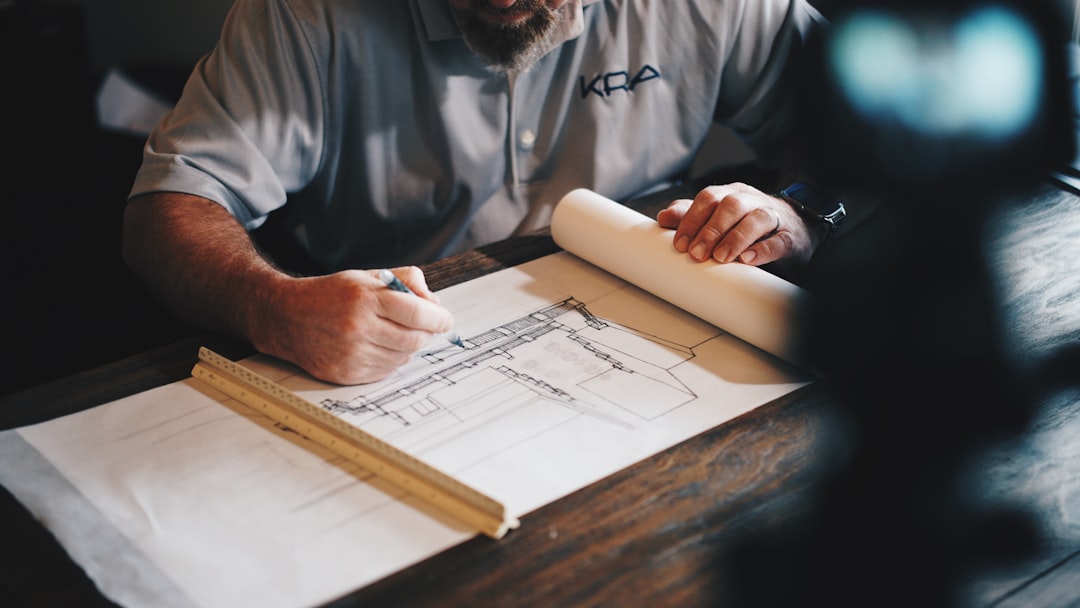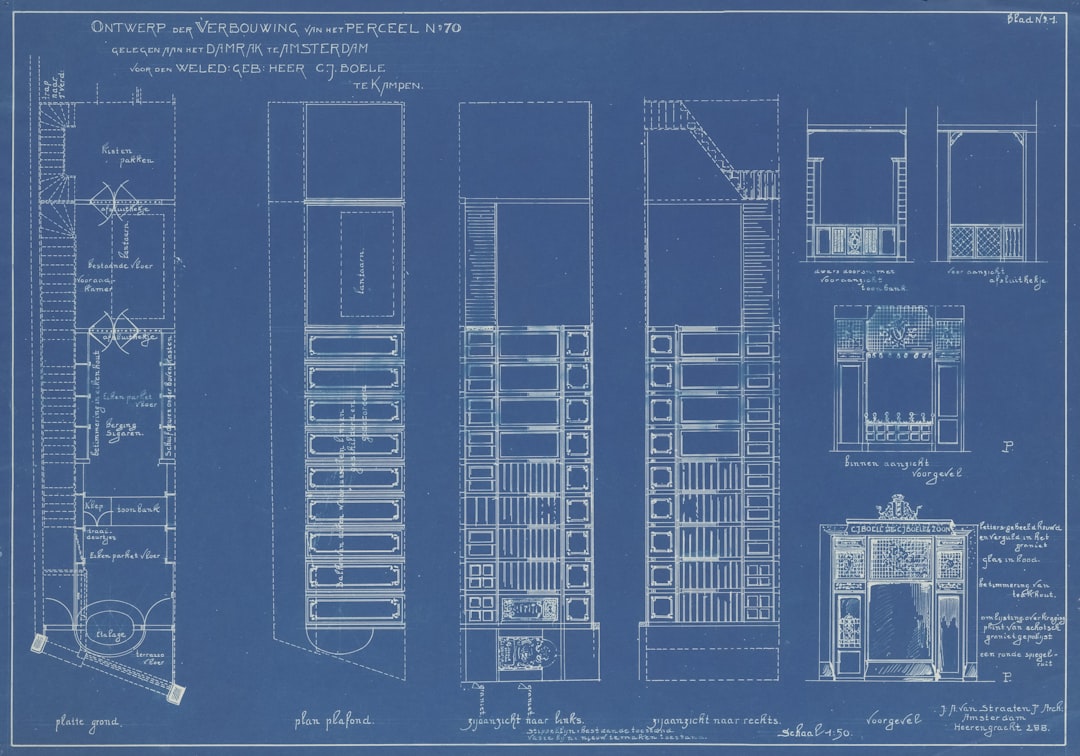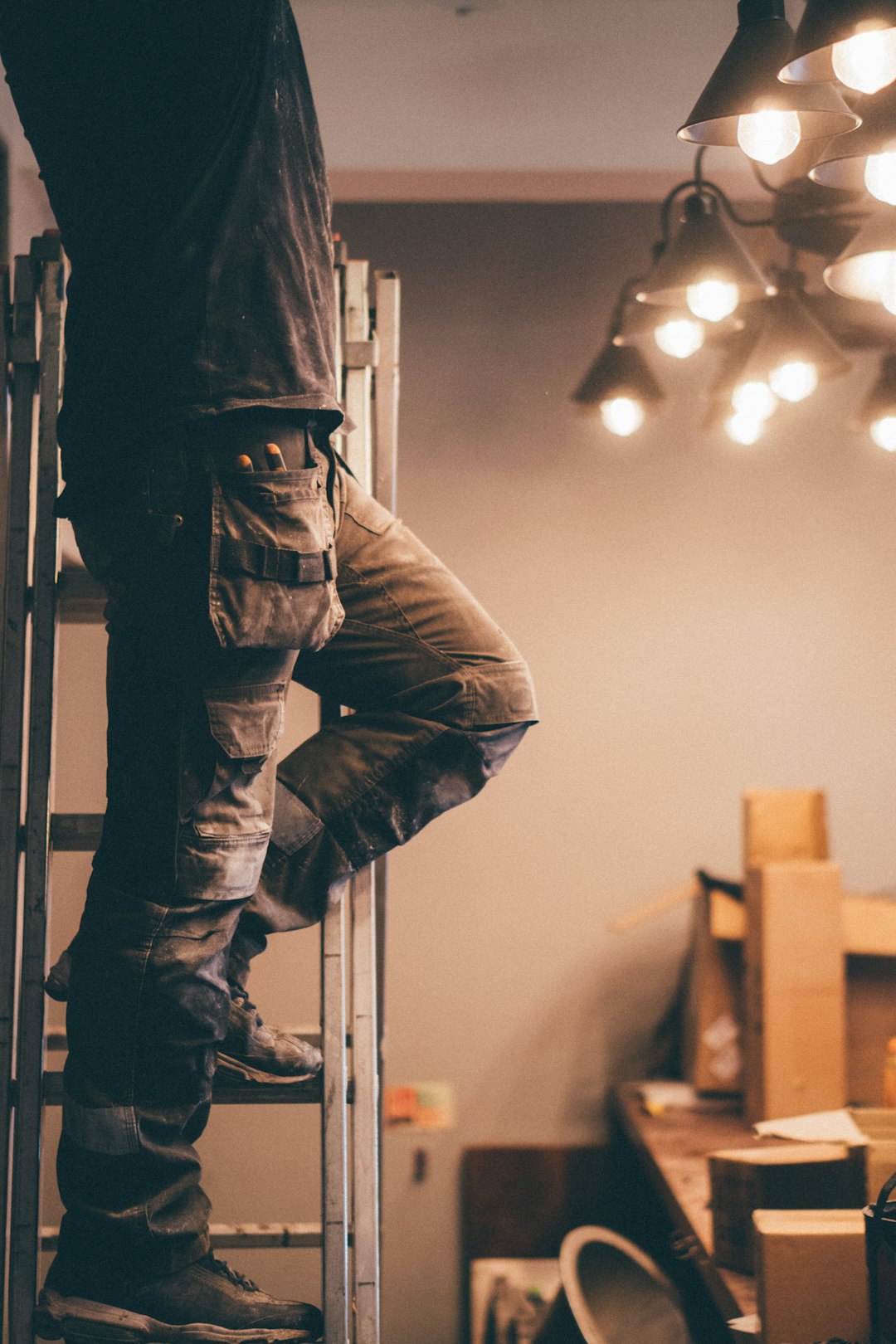What is concrete cancer and why should you be concerned about it? Concrete cancer, also known as spalling, is a problem that can occur in concrete structures. It is caused by the corrosion of the steel reinforcement within the concrete. This can lead to the concrete surface breaking away, exposing the steel reinforcement to further corrosion. If left untreated, this can lead to structural failure of the concrete structure. In this article, we will discuss what concrete cancer is, how it develops, and some steps that can be taken to prevent it.
Concrete cancer is particularly problematic in Brisbane due to the city’s humid climate and high levels of pollutants in the air. These factors accelerate the corrosion process, making concrete structures susceptible to concrete cancer at a younger age. In fact, concrete cancer has been found in concrete structures as young as 8 years old in Brisbane.
One common way concrete cancer develops is through steel reinforcement bars, or “rebar,” inside concrete structures. When exposed to moisture and air, the rebar can rust and expand, causing cracks in the concrete. In addition, concrete itself is a porous material that can absorb water and pollutants, further accelerating the corrosion process.
Fortunately, steps can be taken to prevent concrete cancer from occurring. Regular inspections and maintenance of concrete structures can help identify any early signs of concrete cancer. In addition, using corrosion-resistant materials for rebar and waterproofing concrete can also decrease the likelihood of concrete cancer development.
Concrete cancer Brisbane may not be as well-known as other structural issues, but it is a pressing issue in Brisbane. By understanding what concrete cancer is and taking steps to prevent it, we can ensure the longevity and safety of our concrete structures.
How do you prevent it?
Concrete cancer, also known as concrete spalling or concrete corrosion, is the deterioration of concrete caused by water and chemical infiltration. This infiltration corrodes the concrete’s reinforcing bars, causing cracks and weakening of the structure. In extreme cases, concrete cancer can lead to collapse.
Regular inspections and maintenance of concrete structures can help identify any early signs of concrete cancer. In addition, using corrosion-resistant materials for rebar and waterproofing concrete can also decrease the likelihood of concrete cancer development. It is important to address concrete cancer as soon as possible because it can quickly worsen if left untreated.
Why is it a problem in Brisbane?
Unfortunately, Brisbane has a high incidence of concrete cancer due to its humid and salty coastal climate. The high levels of moisture and salt in the air can accelerate concrete deterioration, leading to concrete cancer. In addition, many older buildings in Brisbane may not have been properly waterproofed, making them more susceptible to concrete cancer.
The cost for repairs can be significant for both homeowners and businesses. It is important for property owners in Brisbane to regularly inspect their concrete structures and address any concrete cancer issues promptly.
We hope this information on concrete cancer Brisbane was helpful.






